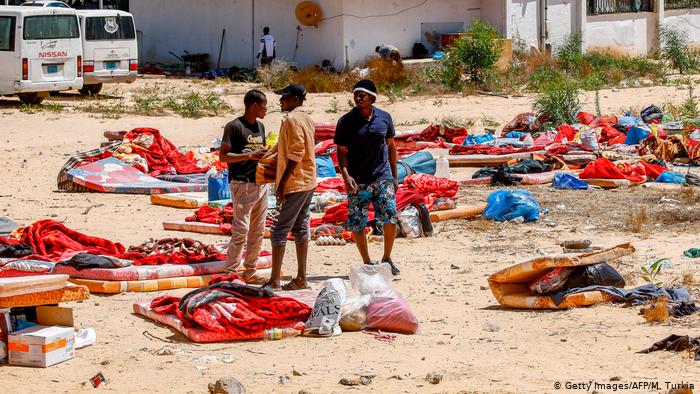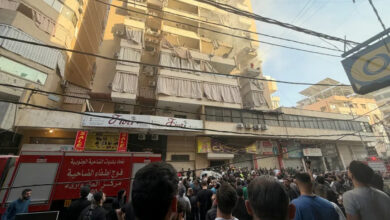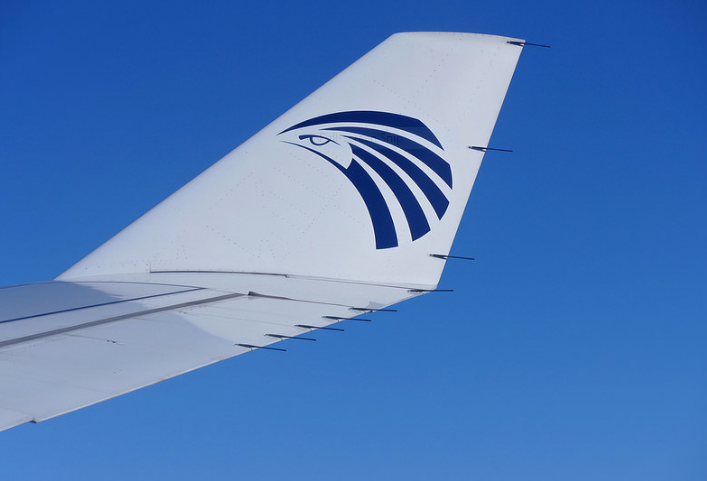
CAIRO (AP) — Libyan security forces on Friday detained at least 500 African migrants, including women and children, two officials and a refugee group said. The authorities described the raid as part of a crackdown on illegal migration but made no mention of any traffickers or smugglers being arrested.
Libya’s Interior Ministry said the migrants were rounded up in the western town of Gargaresh and taken to detention centers in Tripoli — places that rights activists say are rife with abuse and where migrants are kept in miserable conditions.
The ministry did not say how many migrants were detained. Gargaresh, a known hub for migrants and refugees, is about 12 kilometers (7.5 miles) west of Tripoli, the Libyan capital.
Two security officials and the Norwegian Refugee Council said that “more than 500” were rounded up. The officials said many of those detained had “lived illegally in Libya” for years. The officials spoke on condition of anonymity because they were not authorized to brief the media.
The chief prosecutor office said hundreds of arrested migrants were taken to detention centers. The Interior Ministry posted images purporting to show some of those detained, sitting clustered together on a street with their hands tied behind their backs. Another image, an aerial photo, showed men lying face-down on the ground at a crossroads, with military trucks and guards around them.
Tarik Lamloum, a Libyan activist working with the Belaady Organization for Human Rights, described the raid as the fiercest crackdown in western Libya in years.
Dax Roque, the Norwegian Refugee Council’s director in Libya, expressed his concerns over the detentions, saying the arrested migrants are at risk of abuse and ill-treatment. “Torture, sexual violence, and extortion is rampant in Libyan detention centers,” he said.
Libya has for years been a hub for African and Middle Eastern migrants fleeing war and poverty in their homelands and hoping for a better life in Europe. The oil-rich country plunged into chaos following a NATO-backed uprising that toppled and killed longtime autocrat Moammar Gadhafi in 2011.
Traffickers have exploited the chaos and often pack desperate families into ill-equipped rubber or wooden boats that stall and founder along the perilous Central Mediterranean route. Thousands have drowned along the way, others were intercepted and returned to Libya.
Those returned to shore have been taken to government-run detention centers, where they are often abused and extorted for ransom under the very nose of U.N. officials.




